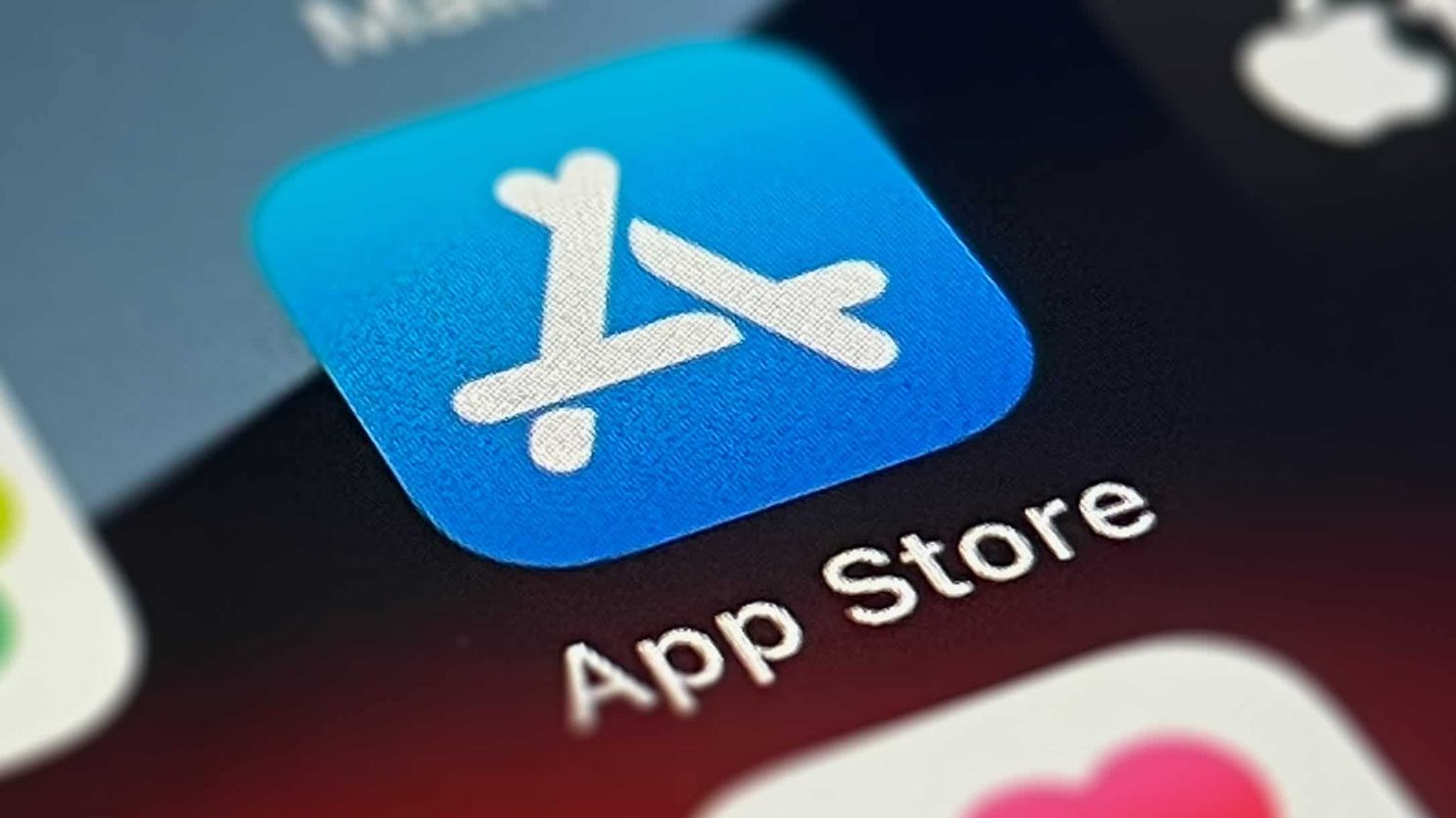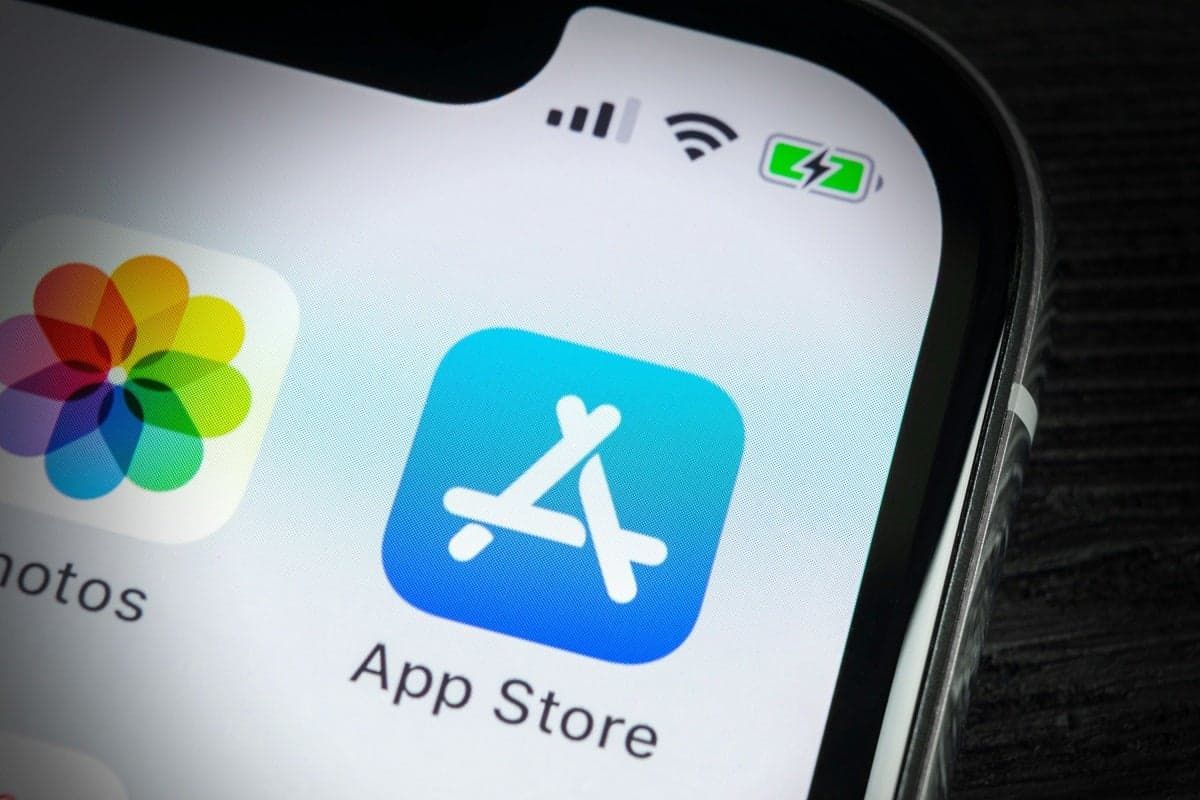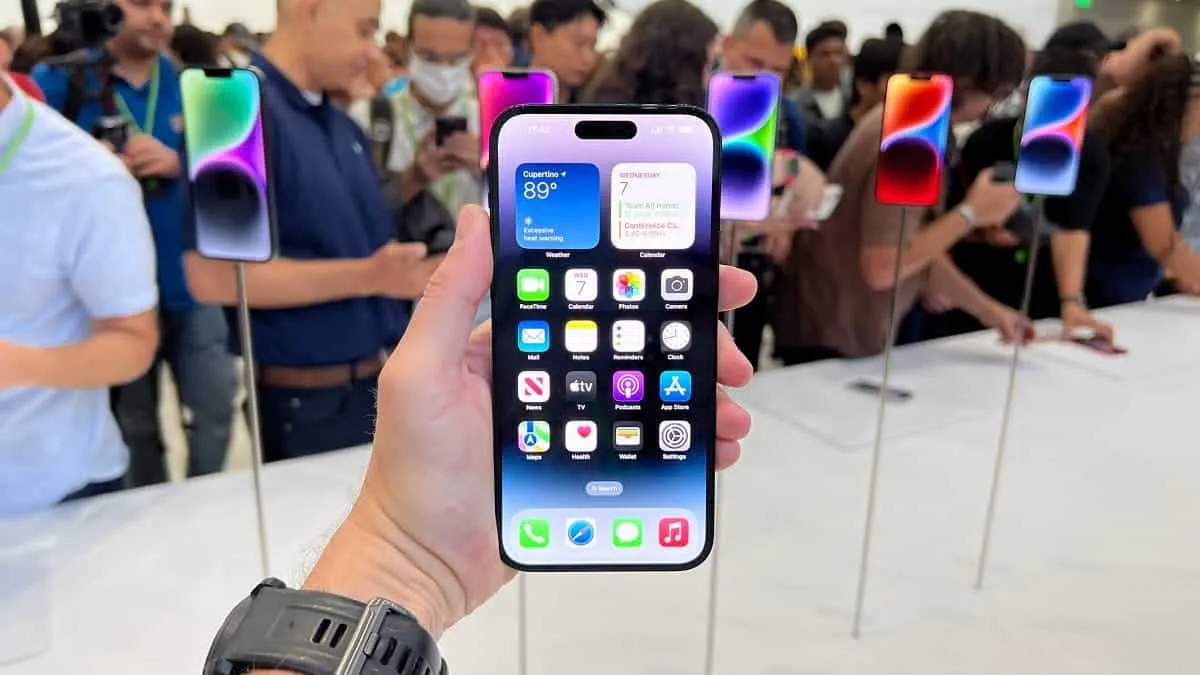Everything is about to change at Apple. The American company is preparing to open the doors to alternative application stores for iPhone as a result of one of the proposals of the European Union that will come into force in the coming months. A measure that would bring their devices closer to the Android ecosystem, where there is greater freedom to install apps.
This means that users will be able to download third-party apps without the need to go to the App Store, that is, they will not be subject to the company's restrictions or the commission of up to 30% that it imposes for payments. A measure with which Apple does not fully agree, but that will have to abide as well as the standardization of the USB-C connector.
iPhone will get more freedom

The objective of the European Union with this legislation is to equalize the conditions of external developers and improve the experience of users when downloading apps on their iPhone. This change will take place initially in Europe, but it would also affect the models distributed worldwide.
The Digital Markets Law, which is the name of the European law, will come into force in the coming months, although the companies affected will not be obliged to comply with the regulations until the year 2024. Specifically, the law requires technology companies to allow the installation of third-party applications. To allow users to easily change the initial settings. It also requires that messaging services have to work together and that third-party developers have equal access to these services.
For Apple, they are not entirely happy with the new legislation, since they have denounced on numerous occasions the sideloading of apps, which consists of a process of installing applications external to the App Store. In fact, they argue that a layer of protection is necessary. Since sideloading could end up introducing unsafe apps to users.
The objective of the American company is that this great change comes with the launch of iOS 17. But we do not know if it will happen from tha launch day or if it will be a later addition. To protect itself from malicious applications, the iPhone manufacturer would be considering the decision to impose security requirements despite the fact that the software is distributed externally to the official store. So it would not be surprising if Apple found a way to verify these systems. We remember that the company takes between 15% and 30% of the income from the App Store. So it would not be anything new.
iOS: Apple works for a complete system
Aside from all this, the company is also working to open up possibilities for third-party applications, such as more camera technology and NFC. We should note that, for the moment, only the Wallet app. And the Apple Pay service make use of the NFC chip on the iPhone. So Apple would be facing pressure so that this option reaches other third-party apps.
They have not yet found a way to open iMessage to other third-party services, as required by the Digital Markets Law. Apple engineers think this change may hurt end-to-end encryption or other privacy features. So they need to find a way to make it seamless for their iPhones.
Apple tracks users in the App store

Apple can know everything you do and spy on your mobile from the App Store. Because it knows what you touch while you are browsing its application store, as some developers have discovered.
While originally being ad-free on its platforms and a longtime privacy advocate, the App Store is now getting new ad placements and more people are concerned about how company policies will change. Although this is not the only thing that should concern them.
Given that iOS provides Apple with a database of every user's interactions with the App Store, two security researchers and developers going by the moniker Mysk have expressed privacy concerns about the App Store receiving more advertisements.
It was recently discovered that if you have an iPhone, the OS sends Apple information about everything you do in the app store.
Usage data is delivered in real time via a JSON file. And includes information about where each of your users taps on the screen. Even when targeted advertisements are disabled, the App Store sends data.
They claim that starting with the release of iOS 14.6 in May 2021, they have been keeping track of user actions within the App Store. Although it might be in relation to ad performance statistics. We have no idea how the company uses such data. And we don't have any formal confirmation from the company regarding this recent discovery.
Although we don't know if Apple still collects analytics data. Even when shared analytics and personalized recommendations are turned off, it might. In any case, they know a lot about our behavior and how we explore apps.
The company may claim that the data collected is not shared with third parties, but we can't be sure. The situation could create more controversy than it initially seems. And especially depending on how the company acts from now on. And if the fears of its users are not true or have some basis.
For now, we do not have more information about it, although we hope to know more soon and see if Apple talks on the matter to give an official version about the fact that they know what you do in the App Store at all times and in real time.






Place comments
0 Comments
You are currently seeing only the comments you are notified about, if you want to see all comments from this post, click the button below.
Show all comments